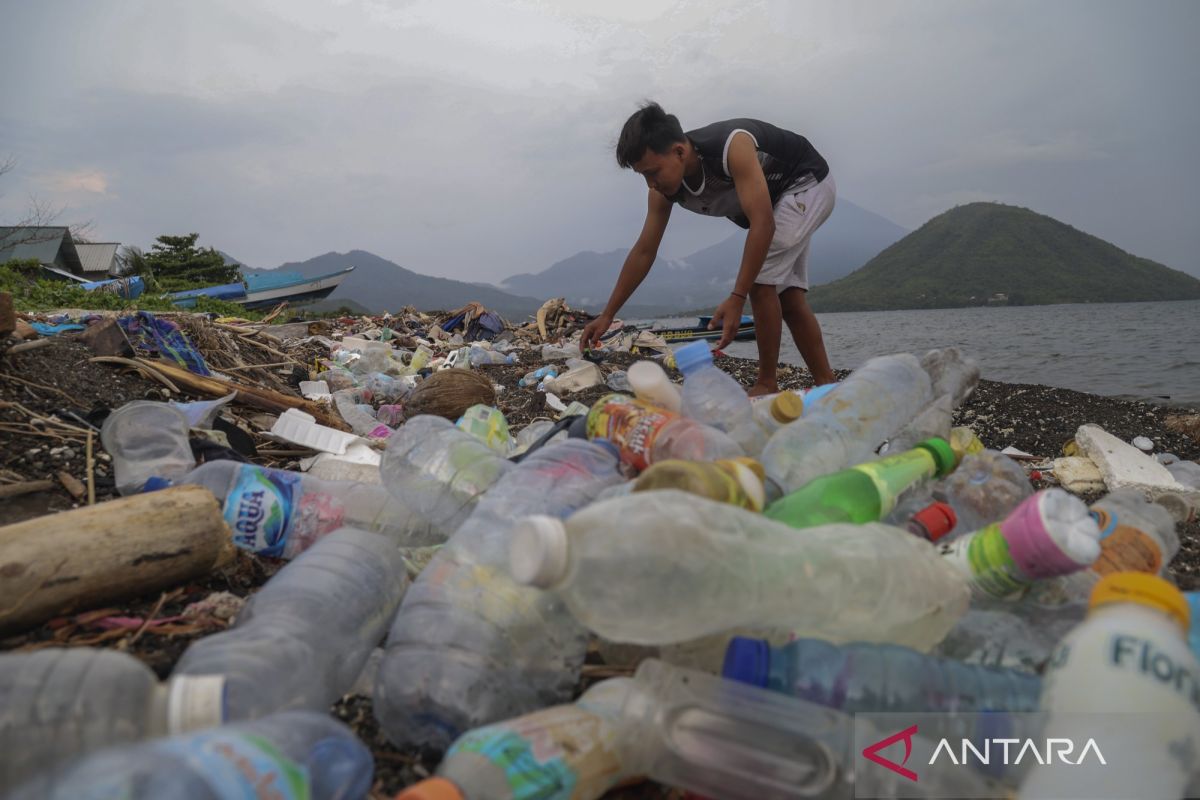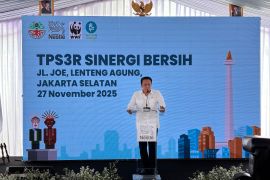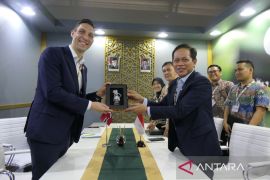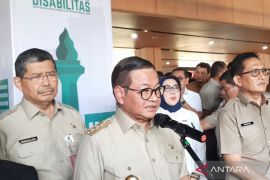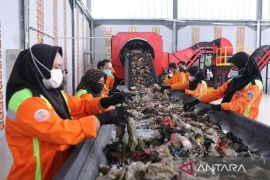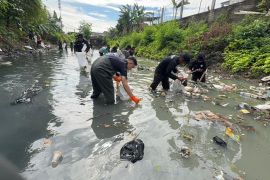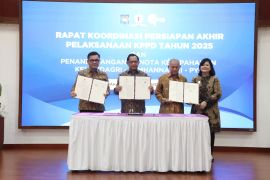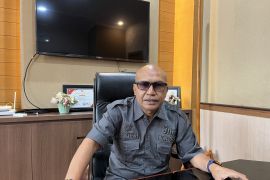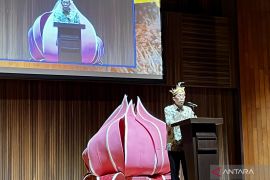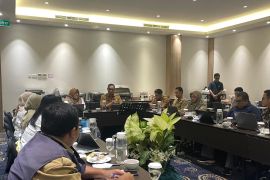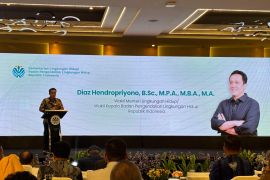He delivered the statement during the World Cleanup Day 2025 celebration in Serang, Banten, on Saturday.
Nurofiq said the first step is institutional reform, urging local governments to separate their roles as regulators and operators, since combining both functions undermines effective oversight.
He added that waste management must also be strengthened as a public service, on par with clean water and healthcare.
He further called for governors to act as full regulators at the provincial level and require owners of industrial, tourism, and commercial areas to manage their own waste, so as not to burden district and city administrations.
Another priority is the drafting of a bankable waste management master plan to support a circular economy.
The minister also highlighted the need for innovative financing schemes and the application of the polluter-pays principle, assigning waste management costs to those who generate it.
Consistent law enforcement against violations of regional regulations, as well as stronger communication, information, and education campaigns to build a culture of cleanliness, were also emphasized.
During the World Cleanup Day activities, some 335,000 volunteers collected 490 tons of waste across 29 provinces. Nurofiq stressed that proper waste management is a hallmark of a developed nation.
"No developed country has a disorderly waste management system. Let us leave a legacy and transform Indonesia’s waste management across the nation," he said.
Related news: Sustainability seen key to industry's future: Indonesian official
Related news: Indonesia urged to tighten industrial waste management
Translator: Primayanti
Editor: Anton Santoso
Copyright © ANTARA 2025
